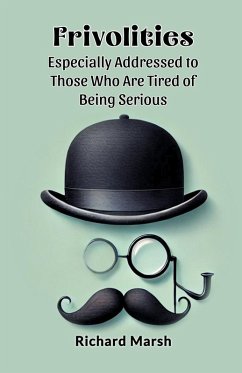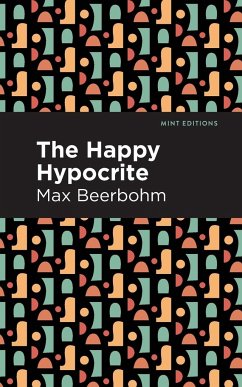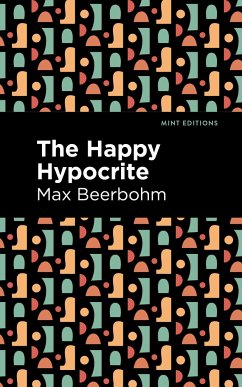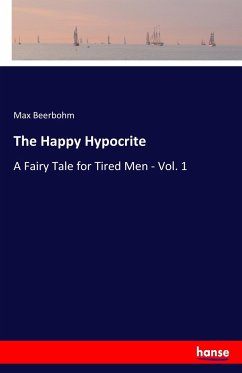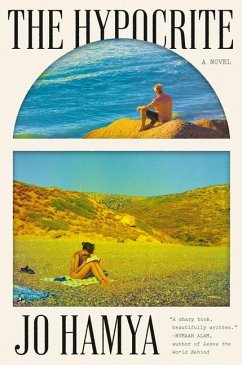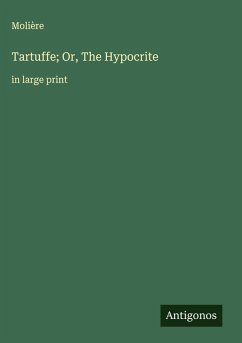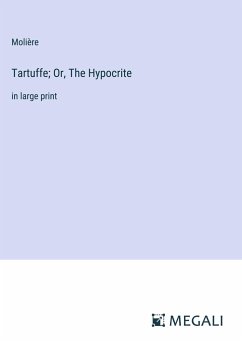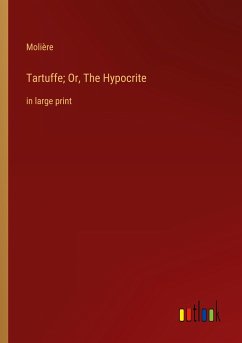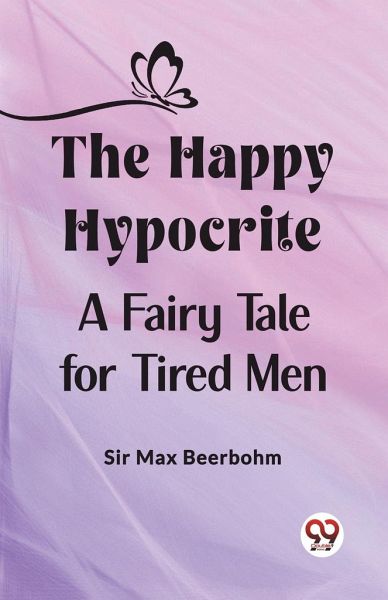
The Happy Hypocrite A Fairy Tale for Tired Men

PAYBACK Punkte
5 °P sammeln!
"The Happy Hypocrite: A Fairy Tale for Tired Men" by Sir Max Beerbohm is a masterpiece of English literature, blending satire and irony to dissect Victorian society's moral hypocrisy. Through clever characterization and literary humor, Beerbohm delivers a scathing social commentary on the duality of human nature. The protagonist, Lord George Hell, embodies the paradox of morality and vanity, leading a double life that exposes the facade of high society. With sharp wit and biting parody, Beerbohm navigates themes of morality and vanity, revealing the underlying tensions between appearance and r...
"The Happy Hypocrite: A Fairy Tale for Tired Men" by Sir Max Beerbohm is a masterpiece of English literature, blending satire and irony to dissect Victorian society's moral hypocrisy. Through clever characterization and literary humor, Beerbohm delivers a scathing social commentary on the duality of human nature. The protagonist, Lord George Hell, embodies the paradox of morality and vanity, leading a double life that exposes the facade of high society. With sharp wit and biting parody, Beerbohm navigates themes of morality and vanity, revealing the underlying tensions between appearance and reality. His exploration of duality reflects the complex nature of human behavior, challenging readers to confront their own hypocrisy. Through the lens of social criticism, Beerbohm unveils the flaws of Victorian society, highlighting its obsession with outward propriety while masking inner corruption. The novel serves as both a critique of its time and a timeless reflection on the human condition. As a work of literary criticism, "The Happy Hypocrite" stands as a testament to Beerbohm's mastery of the English language and his keen insight into the foibles of society. It remains a classic example of satire in English literature, offering a mirror to society's moral ambiguities.




